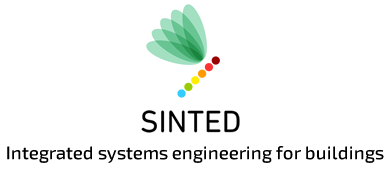The tool for calculating a product’s impact on the environment
LCA, which stands for Life Cycle Assessment, is an objective procedure for assessing the potential environmental footprint related to a product, process or service carried out throughout its life cycle.
This is done by quantifying the use of resources, such as: energy, raw materials, materials and waste released into the environment.









 Integrated systems engineering
Integrated systems engineering